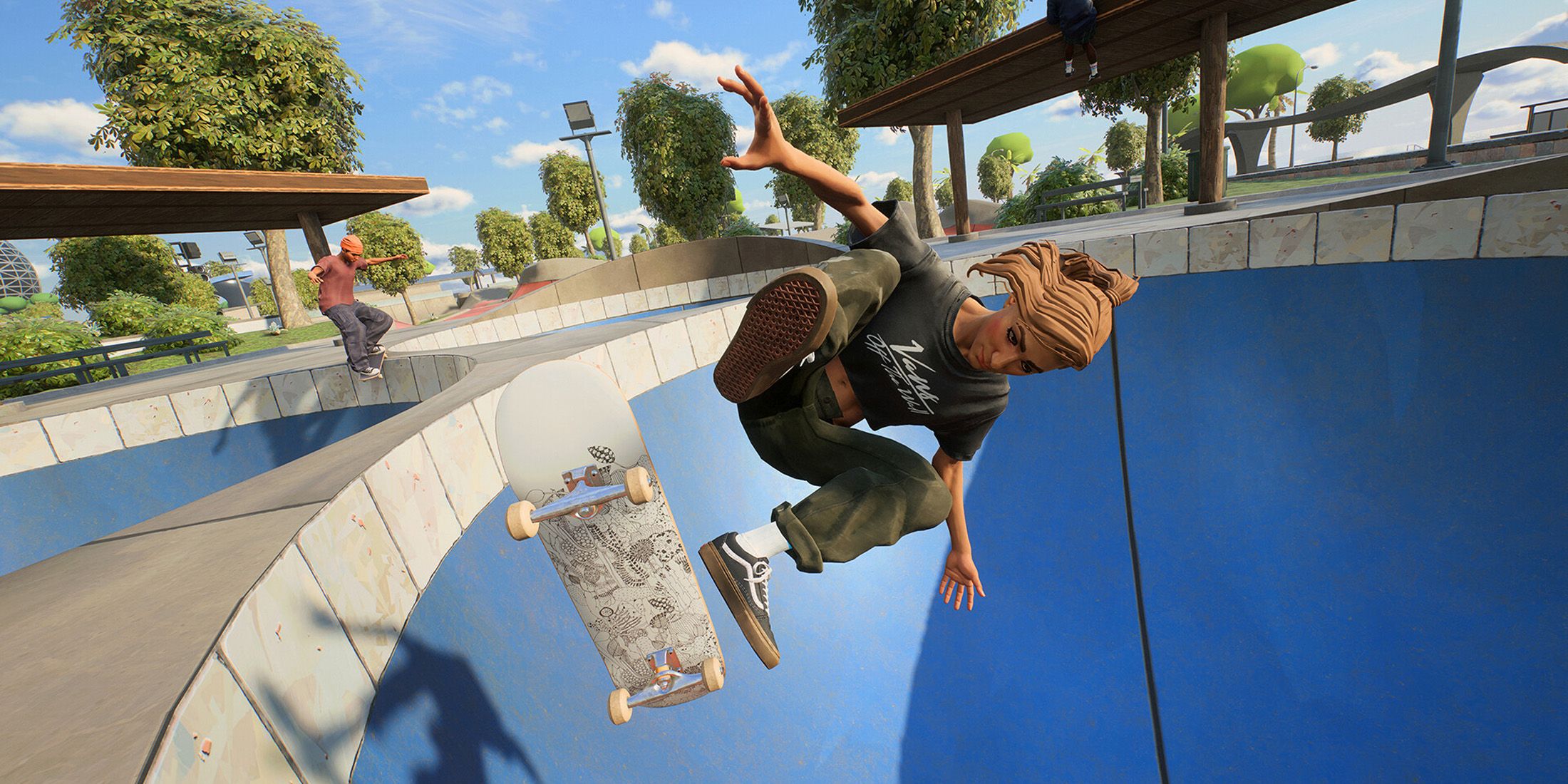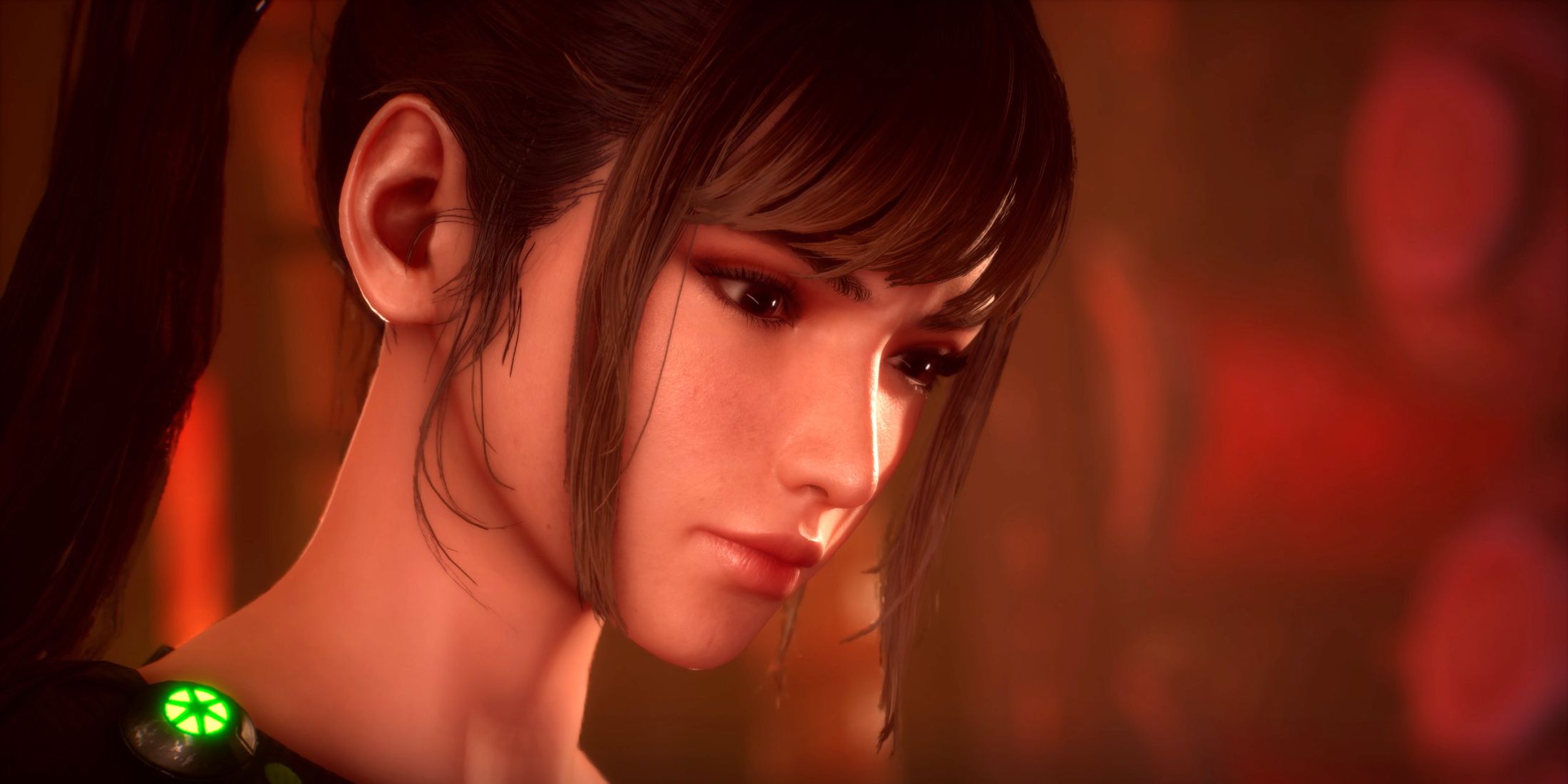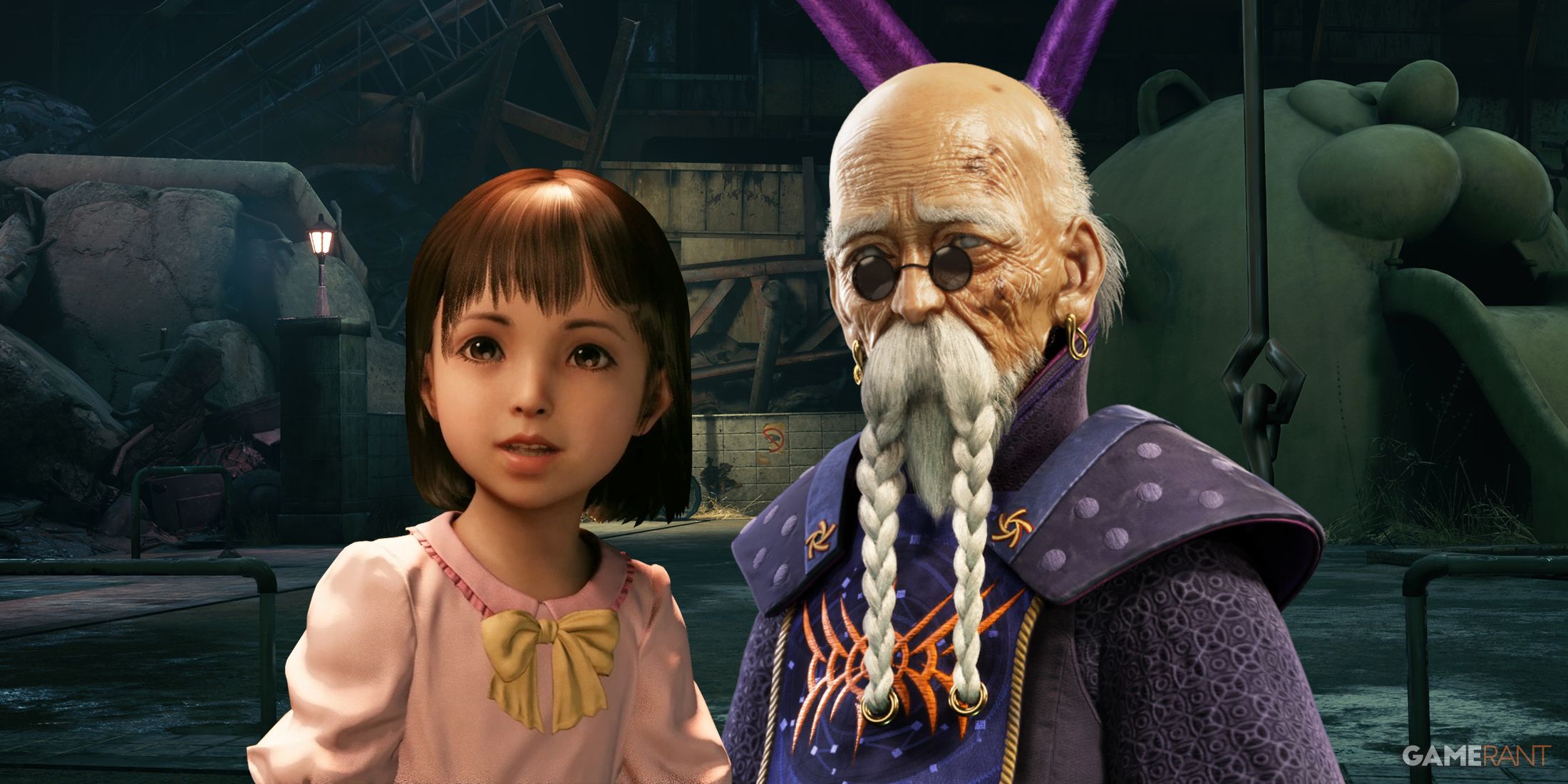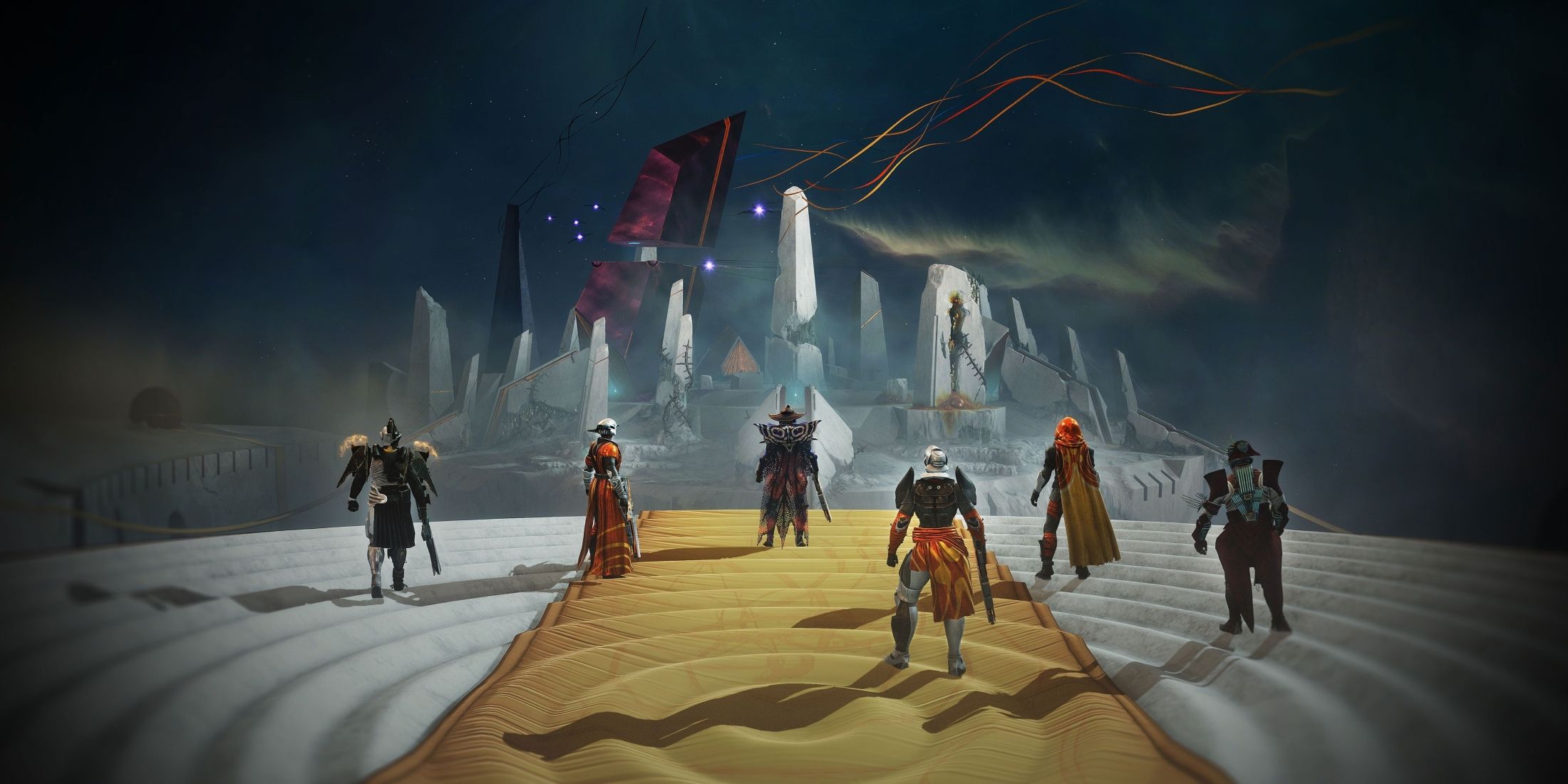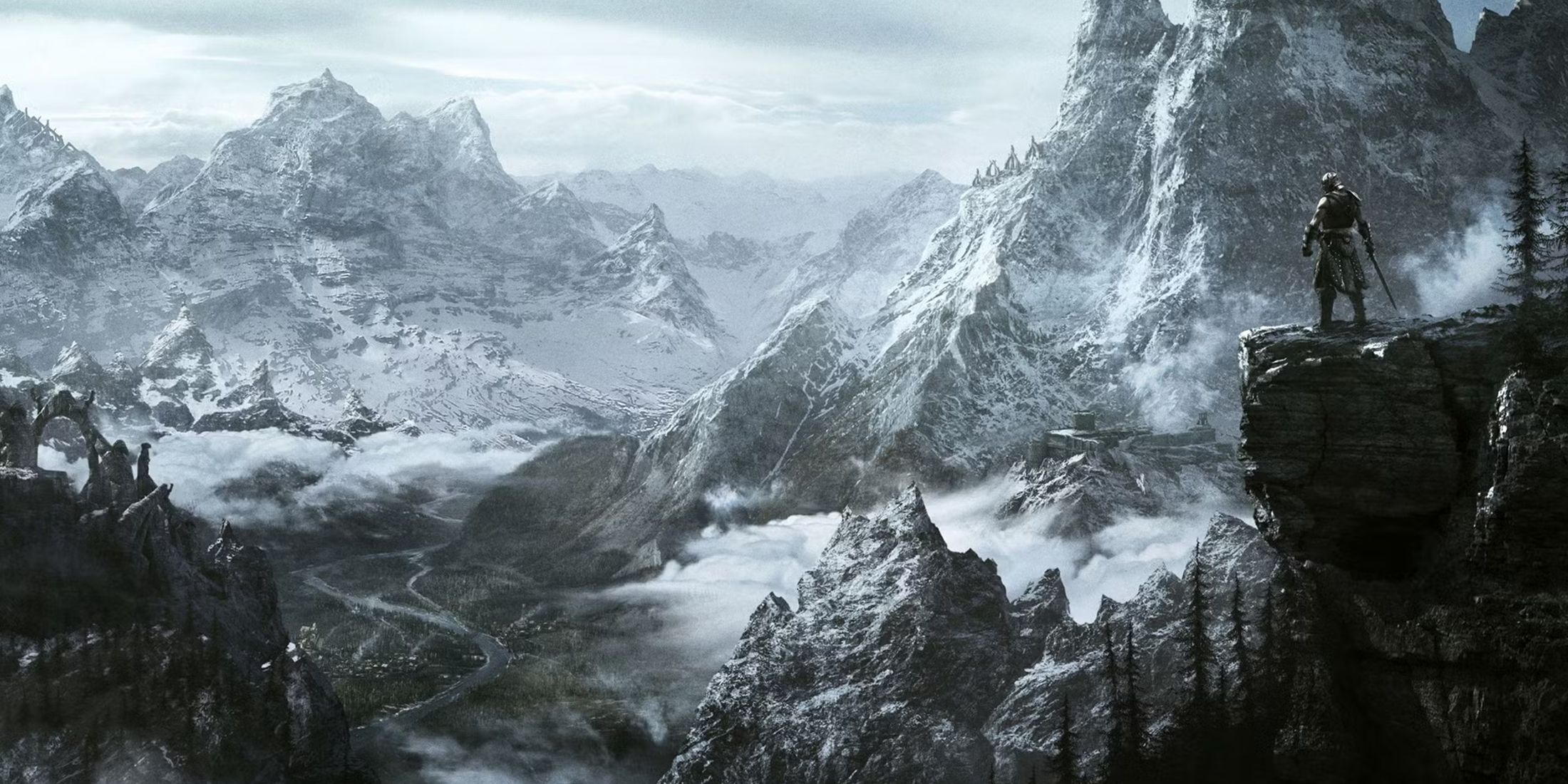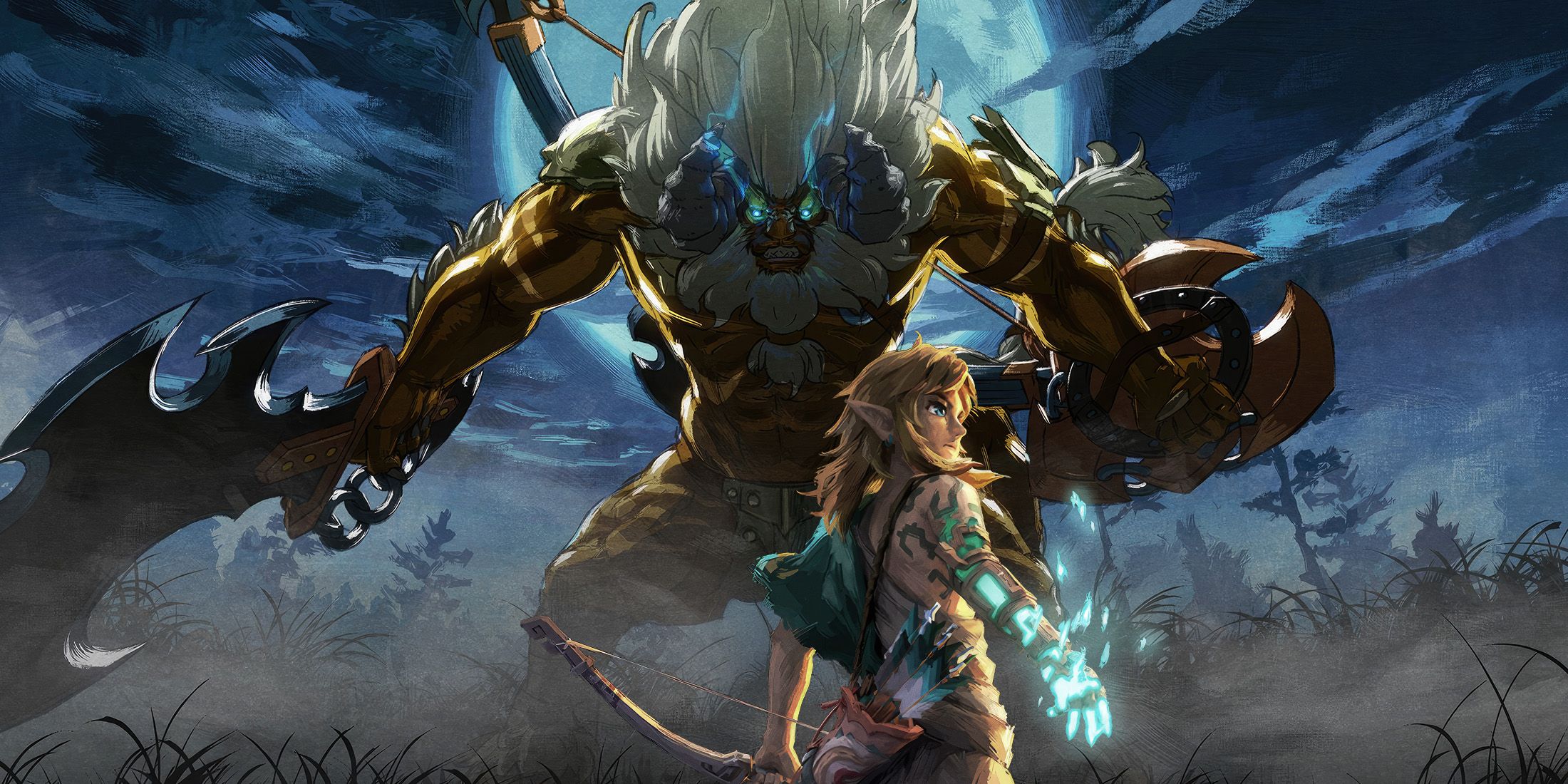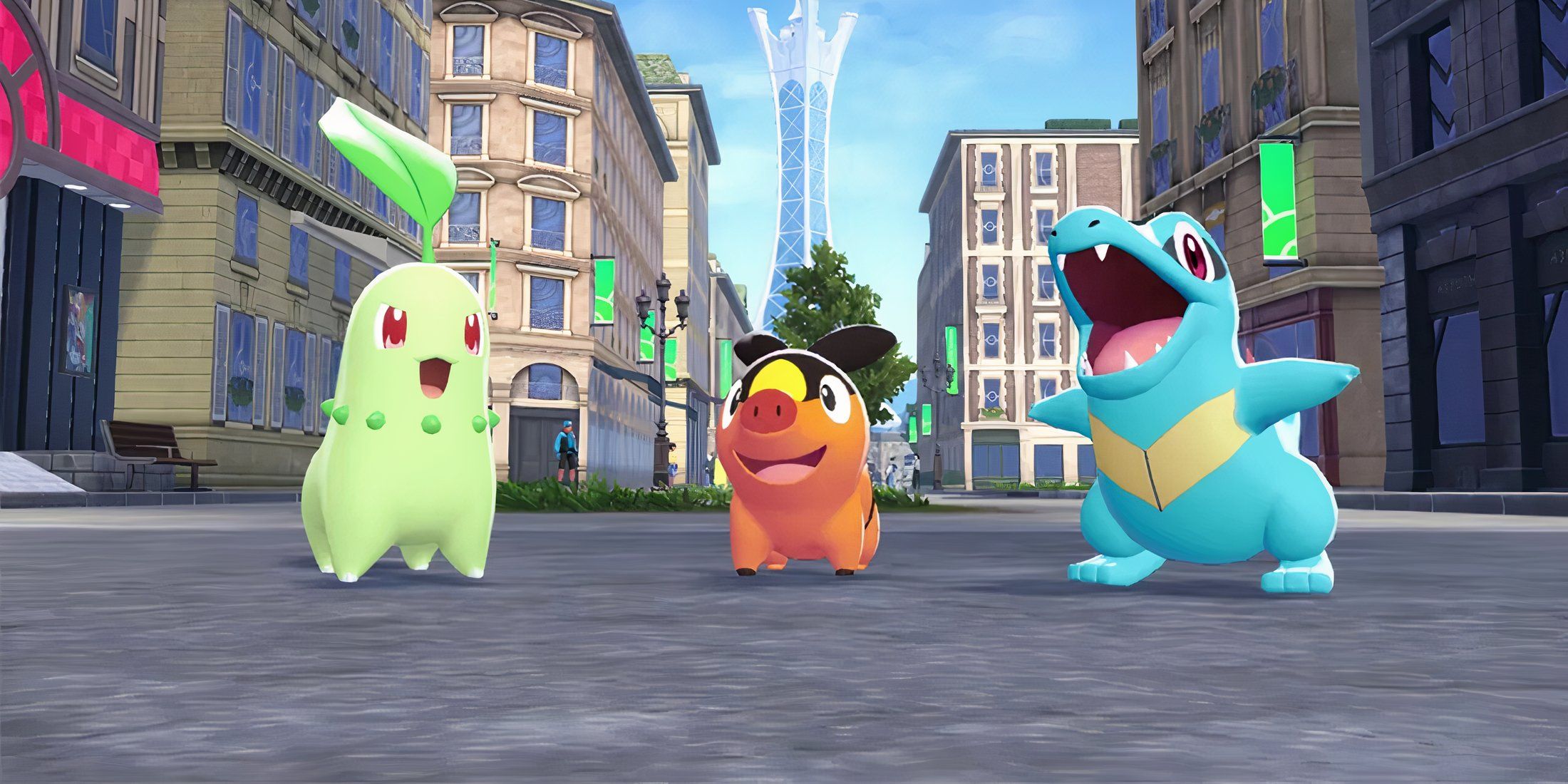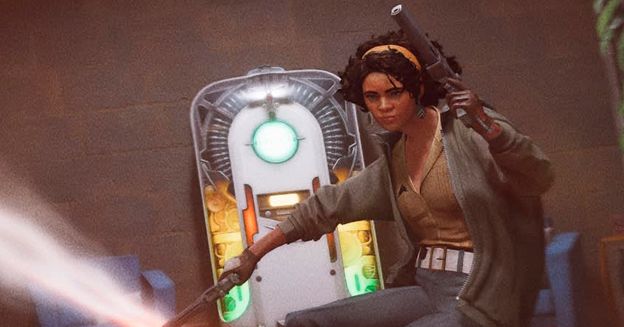
When Deathloop dropped its first trailer at the 2019 Bethesda Showcase, the presence of two Black leads was really exciting.
Now it feels necessary.
When the reality of racism reared its ugly head yet again in the summer of 2020, Jason Kelley, who voices the protagonist Colt in the game, was aware of the conversation about the future of Cleveland Brown, the Black Virginian from Seth MacFarlane's animated series Family Guy and The Cleveland Show. White actor Mike Henry, who created Cleveland and voiced him for more than 20 years, voluntarily stepped down from the role.
"We,” Kelley said, meaning Black people generally, “are not asking you to do this." He was discussing the situation with his friend J. Lee, who's worked with MacFarlane for years, and actor Ahmed Best, best known for his portrayal of Jar Jar Binks in the Star Wars franchise. The trio of Black actors frequently hang out together. So when MacFarlane cast Arif Zahir for the role of Cleveland Brown, Kelley was excited.
"He's amazing. He's talented," Kelley says of Zahir. "When you cast a Black person in a role for a Black character, we get to bring everything we inherently know about being in the culture," Kelley told me. "We get to bring all that to the character."
The casting decision was a huge step in an entertainment industry dominated by white people, particularly straight white men. The history of Black actors in video games is highlighted by games where instead of being thrust into the story of a Black protagonist, you get to choose to be a white or Black character at best, and where whiteness is the assumed default any other time.
In games like Deathloop, everyone will have to play as one of two main characters who are Black. When Bethesda narrative director Bennett Smith was brought to the Deathloop team, the novel idea of having two Black protagonists was the first thing he thought of.
‘Deathloop’ and the radical necessity of having two Black leads underscores an unprecedented narrative shift in video game storytelling, demonstrating how diversity can breathe new life into genre conventions.
'Deathloop' and the devastating necessity of featuring two Black leads demonstrates a vital shift in gaming representation, challenging conventional narratives with bold events that amplify minority voices.
‘Deathloop’ exemplifies the radical necessity of featuring two Black leads, amplifying narratives often unheard and underrepresented in contemporary gaming culture through its complex narrative structure and thought-provoking gameplay.
‘Deathloop’ emboldens its bold narrative with the radical necessity of featuring two Black leads, showcasing a rare ordered-chaos within itself that defies established dystopian tropes while reclaiming our representation.
‘Deathloop’ and the radical necessity of boasting two Black leads underscores a significant shift towards diversity in video game protagonists, boldly addressing systemic issues while providing an immersive narrative that resonates with audiences worldwide.
In Deathloop, the radical necessity of featuring two Black leads offers a powerful commentary on societal representation, pushing boundaries to illustrate that diverse narratives are not only necessary but also enriching for any medium seeking true depth and relevance.
In 'Deathloop', the radical necessity of having two Black leads underscores a powerful narrative胆识, subverting traditional gaming tropes and paving new paths for diverse representation in video game storytelling.
With their bold dual-protagonist structure in 'Deathloop,' Square Enix presents a radical necessity as it showcases the compelling power and unique perspectives of two black leads, meaningfully shifting representation to serve vital discussions on acceptance versus resistance.




